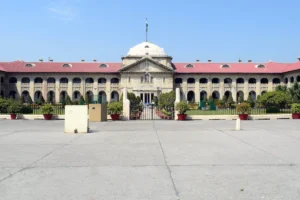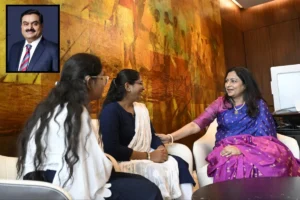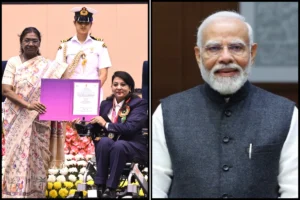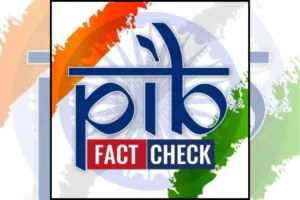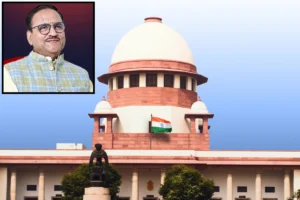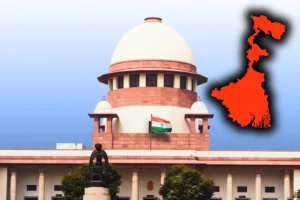
Closure Of Heart Hole Without Surgery: Sachin's Success Story
Sachin Yadav, a 23-year-old male from Haryana, India, presented to Felix Hospital with complaints of difficulty in breathing, which had been progressively worsening over the past month. He also experienced breathlessness during exertion. On clinical examination and further investigation, it was discovered that Sachin had an Atrial Septal Defect (ASD) measuring 10 mm, a congenital heart condition characterized by a hole in the atrial septum.
Given the size of the ASD and the patient’s symptoms, a decision was made to treat Sachin using a minimally invasive procedure to close the hole without the need for open-heart surgery. The chosen method for closure was the use of an Atrial Septal Occluder. Sachin was prepared for the procedure, and informed consent was obtained.
A minimally invasive approach was taken, with access gained through the femoral vein using a thin, long wire. Through this wire, the Atrial Septal Occluder was guided to the site of the ASD.
The occluder device was carefully positioned over the ASD and deployed, effectively closing the hole. The entire procedure, from femoral vein access to device deployment, took only 30 minutes.
Following the successful closure of the ASD using the Atrial Septal Occluder, Sachin experienced immediate relief from his symptoms. He became asymptomatic and was closely monitored for 24 hours post-procedure. The patient was discharged in a stable condition and has shown no recurrence of symptoms during follow-up visits.
Felix Hospital offers a range of cardiac services, including angiography, angioplasty, and pacemaker implantation. Notably, the hospital also provides minimally invasive procedures for congenital and rheumatic heart diseases, such as Atrial Septal Defect (ASD), Ventricular Septal Defect (VSD), Patent Ductus Arteriosus (PDA), severe mitral stenosis, severe pulmonary stenosis, and severe aortic stenosis, without the need for open-heart surgery.
This case study highlights the successful treatment of Sachin Yadav’s Atrial Septal Defect (ASD) using a minimally invasive approach with an Atrial Septal Occluder. The procedure, which took only 30 minutes, provided rapid relief from symptoms and a quick recovery. Felix Hospital’s commitment to offering advanced minimally invasive cardiac procedures, including device closures for congenital heart diseases, ensures that patients like Sachin receive effective and efficient care.
Patients with exertional dyspnea, especially young individuals, should undergo thorough evaluation, including 2D ECHO cardiography, to rule out congenital and rheumatic heart diseases. Early diagnosis and intervention can greatly improve the quality of life for individuals with these conditions. For further inquiries or to seek treatment, patients can contact Dr. Siddharth Samrat at Felix Hospital.
To read more such news, download Bharat Express news apps









